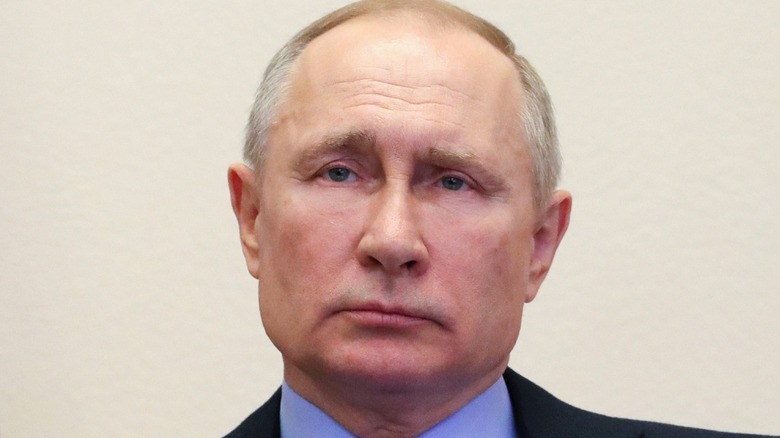Russia Just Banned Facebook
The Russian government has banned Facebook, claiming that the social network has been discriminating against local media sources during the country's assault on Ukraine. It comes just over a week after Russian forces invaded Ukraine on February 24th, 2022, a move widely decried by global governments and prompting multiple sanctions.
The news of the block was announced today, March 4th, 2022, by the Federal Service for Supervision in the Sphere of Telecom, Information Technologies and Mass Communications, also known as Roskomnadzor. It's the federal executive agency that's responsible for the monitoring, controlling, and censoring of mass media in Russia.
"Since October 2020, 26 cases of discrimination against Russian media and information resources by Facebook have been recorded," Roskomnadzor said in a statement (translated via Google Translate). "In recent days, the social network has restricted access to accounts: the Zvezda TV channel, the RIA Novosti news agency, Sputnik, Russia Today, the Lenta.ru and Gazeta.ru information resources."
That, the agency says, contravenes one of Russia's federal laws intended "to prevent violations of the key principles of the free flow of information and unhindered access Russian users to Russian media on foreign Internet platforms." Roskomnadzor has used similar tactics in the past, blacklisting multiple sites that had been critical of Russian policy in Ukraine back in 2014, during the Crimea Crisis.
Reacting to the ban, Meta argued that the decision would only hurt Russian internet users. "Soon millions of ordinary Russians will find themselves cut off from reliable information, deprived of their everyday ways of connecting with family and friends and silenced from speaking out," Nick Clegg, President Global Affairs at Meta said in a statement on the block. "We will continue to do everything we can to restore our services so they remain available to people to safely and securely express themselves and organize for action."
Russia's Internet access is increasingly locked down
Roskomnadzor has also forced Russian ISPs to block services like Telegram, after the messaging service refused to give local authorities encryption keys that would allow them to read communications by users. That backfired, however, when IP blocks also took out multiple other online services, and the agency eventually abandoned its goal.
Today's Facebook ban comes as numerous online companies have announced they will be withdrawing their services from Russia, or adjusting what services they support. Google has said that it will cut Russian state-funded media from its Google News platform, for example, Reuters reports, and has blocked multiple Russian financial outlets from Google Pay. Apple has halted sales in Russia, blocked local apps from the App Store, and also limited Apple Pay access, the Telegraph reports.
On February 26, 2022, meanwhile, Facebook owner Meta had first outlined its approach to the ongoing invasion. That included extra monitoring for pinpointing and reacting to issues like misinformation, as well as offering easier tools to lock down profiles. Earlier this month, Meta said it would be restricting access to Russian news sources RT and Sputnik across the EU. It also began "globally demoting content from Facebook Pages and Instagram accounts from Russian state-controlled media outlets and making them harder to find across our platforms."
The clampdown from the Russian side, however, has led to concerns from some experts that the government could use this as further justification to limit what its population can view online. Last April, Time reported, Russian President Vladimir Putin was keen on locking down access to information online, with American social networks particularly in his sights. That includes laws which can level significant fines against online platforms and ISPs which host content the Russian regulators deem to be offensive.

